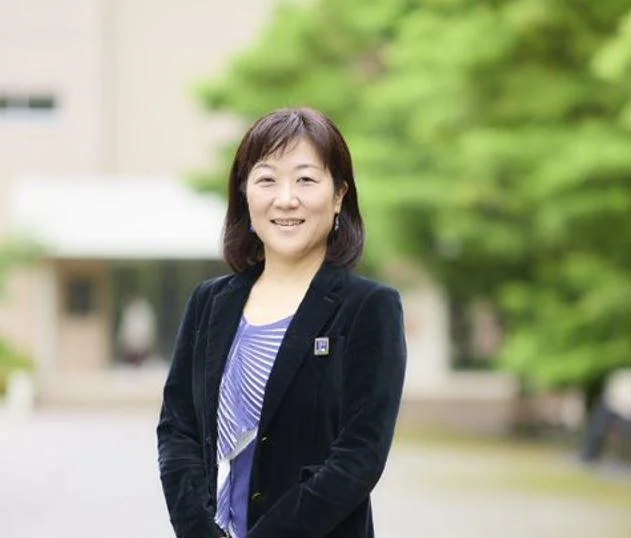Spotlight on...

SEAC Visiting Professor Tamaki Endo
Introducing Tamaki Endo, SEAC Visiting Professor and Professor at Saitama University.
‘Informality,’ has been the source of alternative mechanisms for survival of the urban lower class, because of the lack of formal institutional support, but it has been under threat in recent years under the macro restructuring of the megacities.
1. What will you be working on during your time as SEAC Visiting Fellow?
I’m interested in the ‘dynamics of inclusion and exclusion in urban informality, especially in the case of Thailand’. The project tries to understand new features of inclusion and exclusion in urban informality and how it has changed during crisis such as pandemic and economic crisis. I’m also interested in the comparative studies on urban informality with other Asian mega cities, including new phenomena such as the emergence of the gig economy. I wish to develop international collaborations.
The project provides basic research for ‘the root research project’ funded by JSPS ‘Informalizing Asia: Dynamics and Dilemma of Global Megacities’ (April 2019-March 2024, Principle investigator Tamaki Endo, 11 members) which analyses how globalization, digitalization, ageing and neoliberalism change urban informality, its new opportunities and constraints.
2. What led you to your field of study/what inspired your interest in these topics?
The boundary between formality and informality changes over time, depending on the society-state relationship as well as how socioeconomics and politics interreact. It raises not only empirical but also fundamental questions and I am always fascinated by the topic. At the same time, these are also important issues to think about, as urban inequality and social conflict among different social classes and between the informal/formal are increasing. ‘Informality,’ has been the source of alternative mechanisms for survival of the urban lower class, because of the lack of formal institutional support, but it has been under threat in recent years under the macro restructuring of the megacities.
With rapid economic development, many emerging megacities in Asia have become global hubs of finance, production and consumption, attracting global investors and an emerging upper class, but at the same time, exhibiting the continuous expansion of the informal economy and settlements. As a result, the city is showing multi-layered stratification, and inequality has been widening since the 2010s. Because of ‘compressed development’, emerging countries in Asia have to deal with both phenomena developed countries and developing countries face simultaneously. Now Asia is facing a turning point and we need to look for ways to coordinate the informal and formal mechanisms rather than just eliminating informality. Unfortunately, we find new ‘informalisation’ phenomena in Japan too. The emerging countries might find solutions earlier, and there are many opportunities for mutual learning in Asia, including Japan learning from other emerging countries. The challenges are not easy but also exciting too.
3. How do you like to relax and unwind?
Cooking with local ingredients (I like Borough market), walks (as an urban specialist, I really enjoy exploring the city), reading & watch films/foreign dramas and going to the theatre. I like contemporary dance and I like the Sadler’s Wells group, so LSE’s location is tempting as the Peacock theatre is just next to it. I saw ‘Tango after dark’ 2 weeks ago and it was beautiful.
